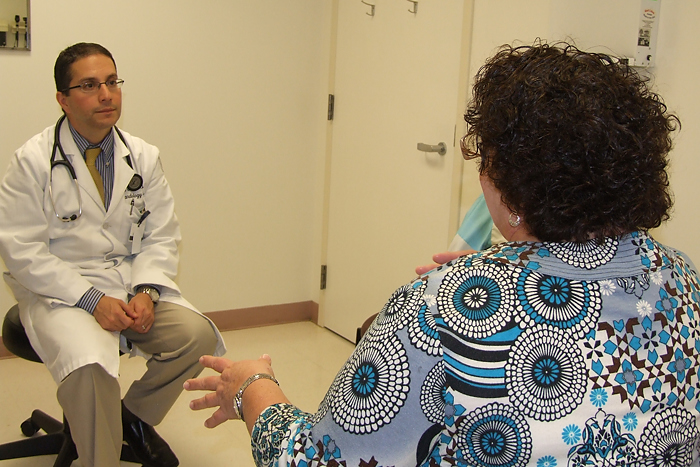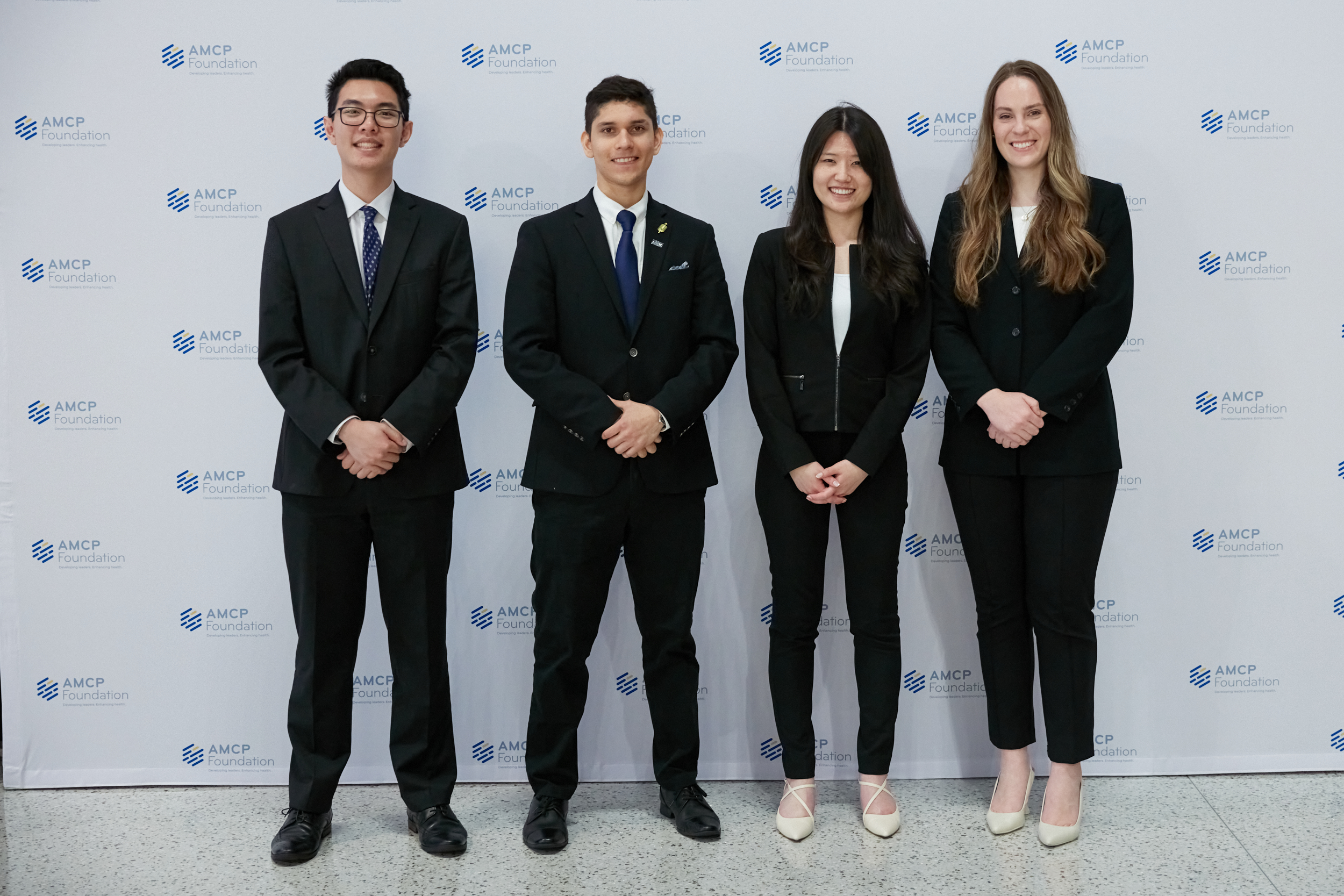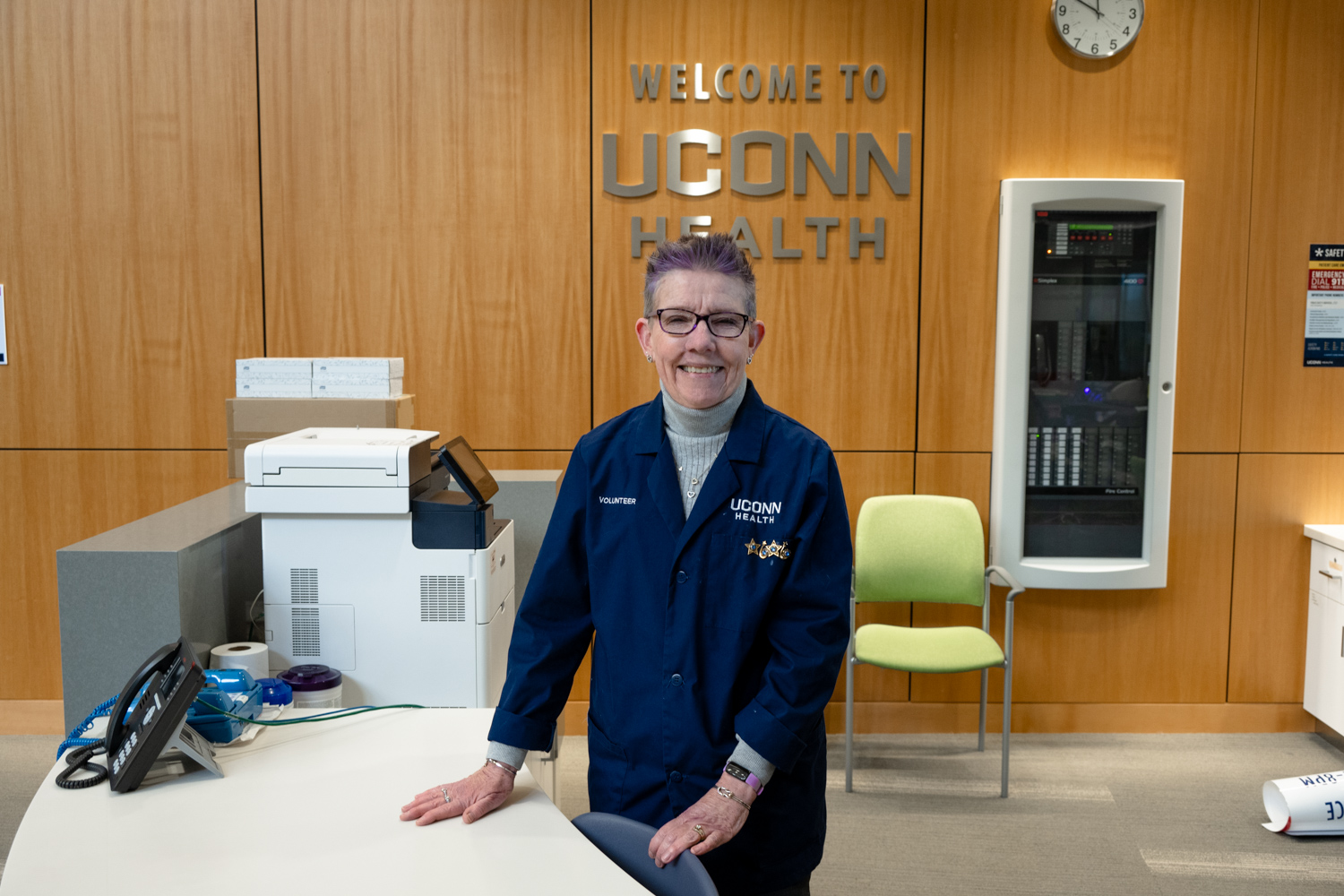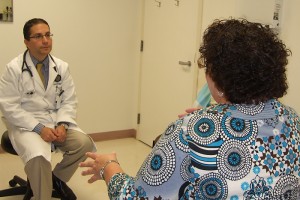
A patient who recently underwent an angioplasty at the UConn Health Center believes fate got between her and a certain heart attack.
Deborah Galiette, 55, reported sporadic chest pain at a checkup and enrolled in a cardiac imaging study at the suggestion of a UConn School of Medicine resident who had learned about it less than 24 hours earlier.
“That trial led to a test that she wouldn’t otherwise have had,” says Dr. Erick Avelar, who leads the PROspective Multicenter Imaging Study for the Evaluation of Chest Pain at the Pat and Jim Calhoun Cardiology Center.
Also known as PROMISE, the study compares computed tomography of the coronary artery, or cardiac CT, to functional testing such as a stress test as a means to diagnosing nonemergency chest pain.
In this case, the cardiac CT led to the discovery of major artery blockage.
“Left undetected, the likelihood of her having a heart attack within a year was very high,” says Avelar. “Because of her high level of daily activity, it is unlikely a stress test would have revealed the blockage.”
‘Common Problem in Cardiology’
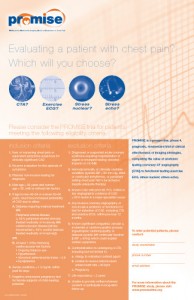
The PROMISE study began last year with the ambition of enrolling 10,000 patients at approximately 200 sites throughout the country. The UConn Health Center was the first site in Connecticut to be part of it, and has enrolled 30 patients, more than any other site in the state.
“The point of this study is to address this kind of patient,” Avelar says. “Functional testing not diagnosing significant coronary artery disease is a common problem in cardiology. The other problem is false-positive stress tests, which can lead to invasive procedures that turn out to be unnecessary.”
Galiette, who describes herself as an active person with a family history of heart disease, but no personal history, says her chest pain was “not significant enough to think heart attack, but they were significant enough to make me wonder about why it was happening.”
She enrolled in the study and was assigned to the group that would undergo a cardiac CT instead of a stress test.
“The next day, the office called and said Dr. Avelar wanted to see me,” Galiette says.
Avelar had read the scan and saw signs of a high-grade lesion in a major artery of the heart. An angiogram was scheduled immediately. It revealed an 85 percent blockage of the left anterior descending artery, a condition serious enough to have earned the nickname “widow maker.”
Dr. David Hager performed a radial artery access angioplasty, accessing the heart through an artery in the wrist to clear the blockage with a balloon and stent.
“Being part of this study saved my life for sure,” Galiette says.
Elusive Chest Pain
Galiette’s chest pain seemed to be unrelated to exertion.
“It wasn’t happening when I was climbing stairs, using the chainsaw or painting the house,” she says. “It was always during a time when I was more relaxed. I felt calm when I felt it.”
“With her activity, she really was having a stress test daily, and it was negative,” Avelar says. “A stress test in the office likely would have been negative. The CT scan is what convinced me of the blockage. This case is a perfect example of the atypical nature of presentation of coronary artery disease in women.”
It took a sequence of seemingly unrelated events to even get to that point.
Nov. 7: Avelar gives a presentation to a group of internal medicine physicians about the PROMISE study.
Nov. 8: Galiette is seen by Dr. Tracy Patel, an internal medicine resident who happened to be in the audience for Avelar’s talk. When Galiette brings up her chest pain, Patel suggests looking into the cardiac imaging study she remembered hearing about the day before.
Nov. 8: Galiette meets with clinical research assistant Harriet Zawistowski to enroll in PROMISE and is randomly placed in the group that would undergo cardiac CT. She just as easily could have been assigned to the functional testing group, which would have meant a stress test instead.
“I’m speechless as to the circumstances and how blessed I am to be here,” she says.
Cardiac CT is not the current standard of care, in part because of expense and radiation exposure, and therefore generally is not covered by insurance. Avelar believes the evidence yielded by PROMISE ultimately could convince the insurance industry to accept cardiac CT as an effective and necessary preventive tool that would reduce coronary events, therefore saving health care costs, and lives, in the long run.
“Another important aspect of the PROMISE trial is its multidisciplinary approach, which includes cardiology, radiology, internal medicine, and emergency medicine working together to save lives,” Avelar says. “There are two main reasons why heart disease is the number-one killer in the United States: one has to do with control of risk factors including smoking, obesity, diabetes, hyperlipidemia and hypertension, and the other has to do with accurate diagnosis of significant coronary artery disease.”
More information on the PROMISE study is available by calling 860-679-3666.
Follow the UConn Health Center on Facebook, Twitter and YouTube.
